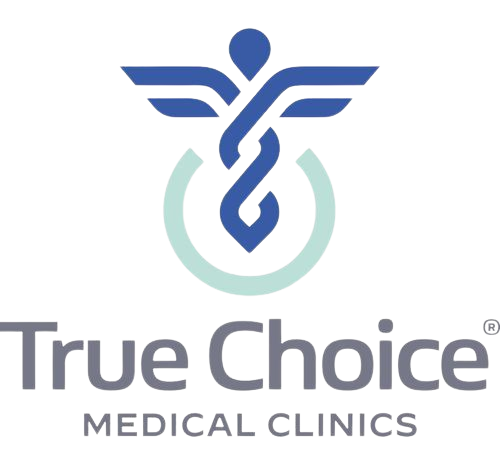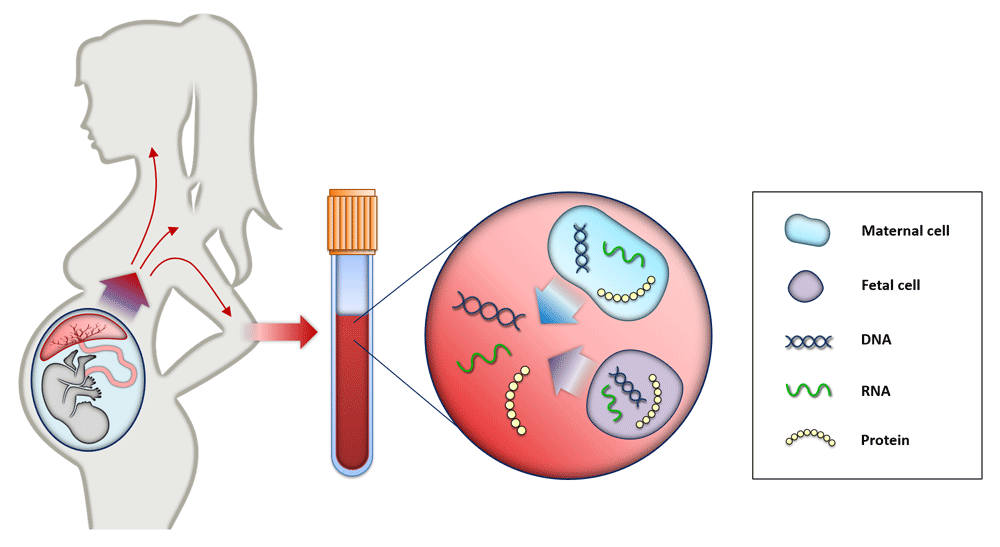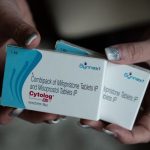As technology continues to advance, prenatal genetic testing has now become the normal practice among healthcare professionals. Prenatal genetic testing used to be offered to high risk pregnancies, particularly in advanced age. With the medical and scientific advances trying to keep up with the pace of technology, prenatal genetic testing is now being offered as part of routine obgyn care and commonly available to women of different ages, socio economic backgrounds, and health histories.
The very unfortunate downside to this situation is that although technology has advanced and prenatal genetic testing is available, it is without the support of prenatal genetic counselors. Healthcare providers involved in the administration of prenatal genetic screening and diagnosis are aggressive with testing but have very little time to provide in-depth counseling. Prenatal genetic testing counselors are imperative for women and their partners as they receive increased amounts of secondhand test results. These services have become increasingly unlimited because the Centers for Medicare and Medicaid Services (CMS) ensure that the laboratories function properly and tests correctly measure the DNA components claimed, but they do not recognize genetic counseling as medically necessary. Now, the patient receives all the information about potential problems, but very little advice for the solution. This leaves the patient overwhelmed, disconnected from meaningful clinical results and actionable knowledge.
The downside does not stop there. Over the last decade, direct-to-market advertising materials, informational websites and lobbying arms have been implemented in states to get Medicaid reimbursement for prenatal genetic testing but there is lack of funding to provide genetic counselors to provide patients with current interpretation of testing results, proper advice or resources to help the patients navigate the next steps.
The big picture here is that prenatal genetic testing is no longer personal but commercial. Private-to-profit providers can now market prenatal genetic testing to potential parents without any known risk factors. The stakeholders operate with complex professional guidelines, federal laws and state regulations. The reproductive technology of prenatal genetic testing does not parallel the true needs of women and families. Instead, it follows private investors’ market predictions.
How do we provide the solution? Simple. Go back to being personal. Empower patients with the evidence-based knowledge to make truly informed decisions. A patient should never consent to prenatal genetic testing or any procedure where there is no real test result interpretation or education on resources to make the most informed decisions.
If CME and/or state legislative programs are funding prenatal genetic testing and the laboratories to analyze the data, and not funding genetic counselors before and after testing, this should raise a red flag. Individuals and families need access to any resources, including medical, social and practical for prenatal genetic testing.
No matter how far technology advances, when it comes to patients and families, it is still face-to-face and personal. A person is attached to a solution. This will provide accurate, balanced information to help the patients make truly informed decisions.
At True Choice Medical Clinics, we are here to help you with your questions and concerns about beginning the journey to motherhood. We have experts who provide excellent care that is evidence-based, current and accurate.
Email [email protected] or call our clinic at 858-397-1970 to speak with our medical staff.
http://www.bazelon.org/wp-content/uploads/2019/10/NCD_Genetic_Testing_Report_508.pdf




